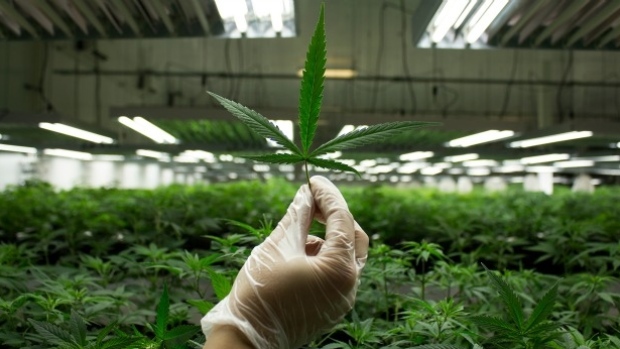Once recreational cannabis use becomes legal, taking a “smoke break” at work could suddenly become much more complicated.
At least that’s the fear among some human resources officials who wonder if the law change will bring impairment at work, decreased productivity, poor attendance and, of course, safety issues.
Many questions linger over what legal pot will mean for the average workplace, says Scott Allinson of the Human Resources Professionals Association, which outlined its concerns in a 25-page report over the summer.“Is it going to be decreased work performance? Is that going to be a huge issue? Is attendance going to be a big issue?” says Allinson, whose provincial group represents 24,000 members, most in Ontario but also some outside the province and country.
“And then the disciplinary procedures of how to deal with it — (who is) going to be the test case for the first court case?”
Without a clear, legal definition of impairment, many human resources officers are unsure how to revise their policies, he says, especially in sectors that are not especially safety-sensitive.
The tricky part is in explicitly outlining how much is too much, detailing expectations about possible recreational use before a shift, and being able to accurately monitor job performance they suspect is affected by pot use.
“There are policies in place that tell you when it comes to alcohol, you can’t drink — for pilots or for truck drivers, you can’t drink X amount before (a shift),” he says. “What is it for somebody who is consistently a user recreationally? Is that impairing him to do his job as a desk worker?”
Indeed, it’s the sectors where safety issues are less concerning that might be less prepared for possible fallout of legalization, slated to take effect by July 2018, suggests human resources consultant Jan Laevens.
“I worry about the systemic and the more subtle impact because the extremes are always a little more straightforward to deal with,” says Laevens, who works with the Toronto firm HirePower.
“If people are going out and having a few drinks at lunch, are they coming back? And we’re seeing a productivity drop of 10, 15 per cent? Haven’t a clue. Very hard to ascertain. Very hard to measure and certainly very, very challenging to investigate.”
It’s also possible for a worker to test positive if they’ve been exposed to second-hand smoke in a poorly ventilated room, according to a recent study at the University of Calgary.
The Canadian Union of Public Employees cautions employers from using legalization as an excuse to pursue a more aggressive policy around random drug testing, which is rarely permitted and requires a high legal bar to protect workers’ human rights.
The public sector union, whose members include flight attendants, paramedics, and child care workers, says there are more effective ways to manage addiction and substance abuse issues “that are constructive rather than punitive.”
Nevertheless, it seems that employers are investigating their options.
Employment lawyer Nadia Halum saw a spike in queries about random drug tests after a Superior Court judge allowed the Toronto Transit Commission to test its employees earlier this year.
But she says the TTC had very specific criteria that earned the judgment, beyond the obvious safety concerns.


